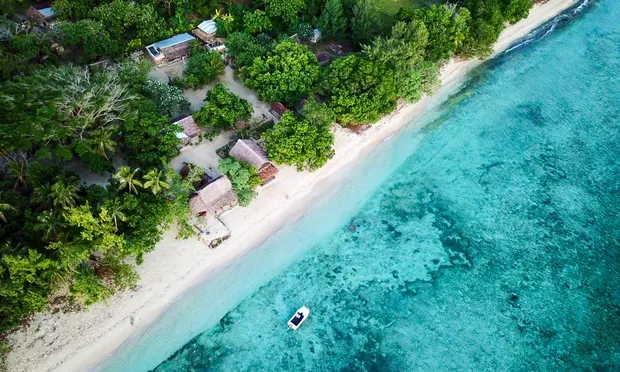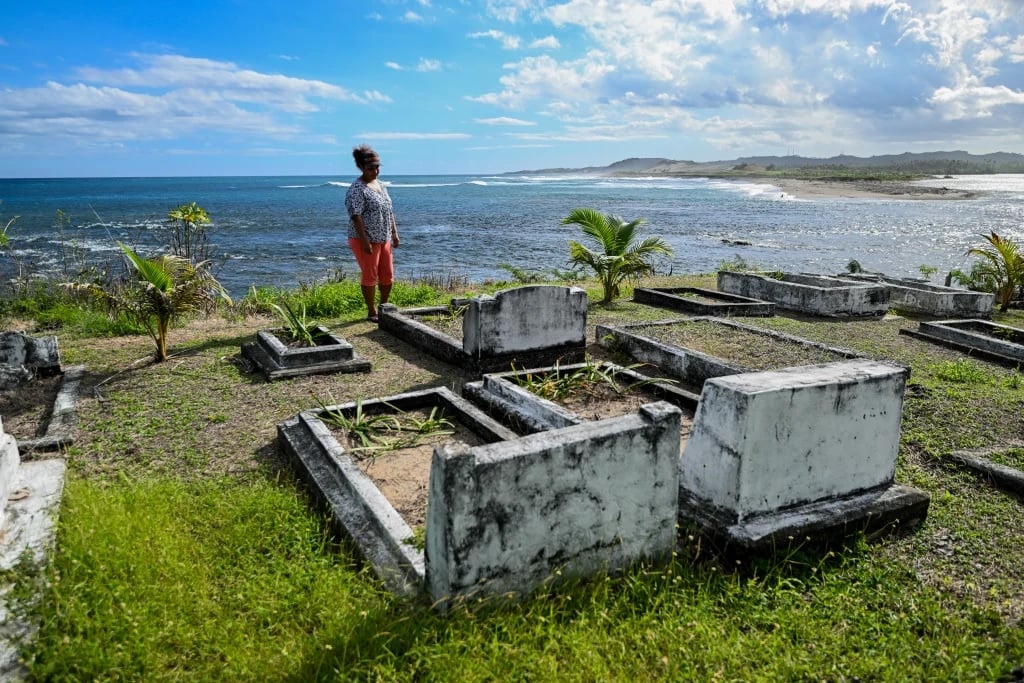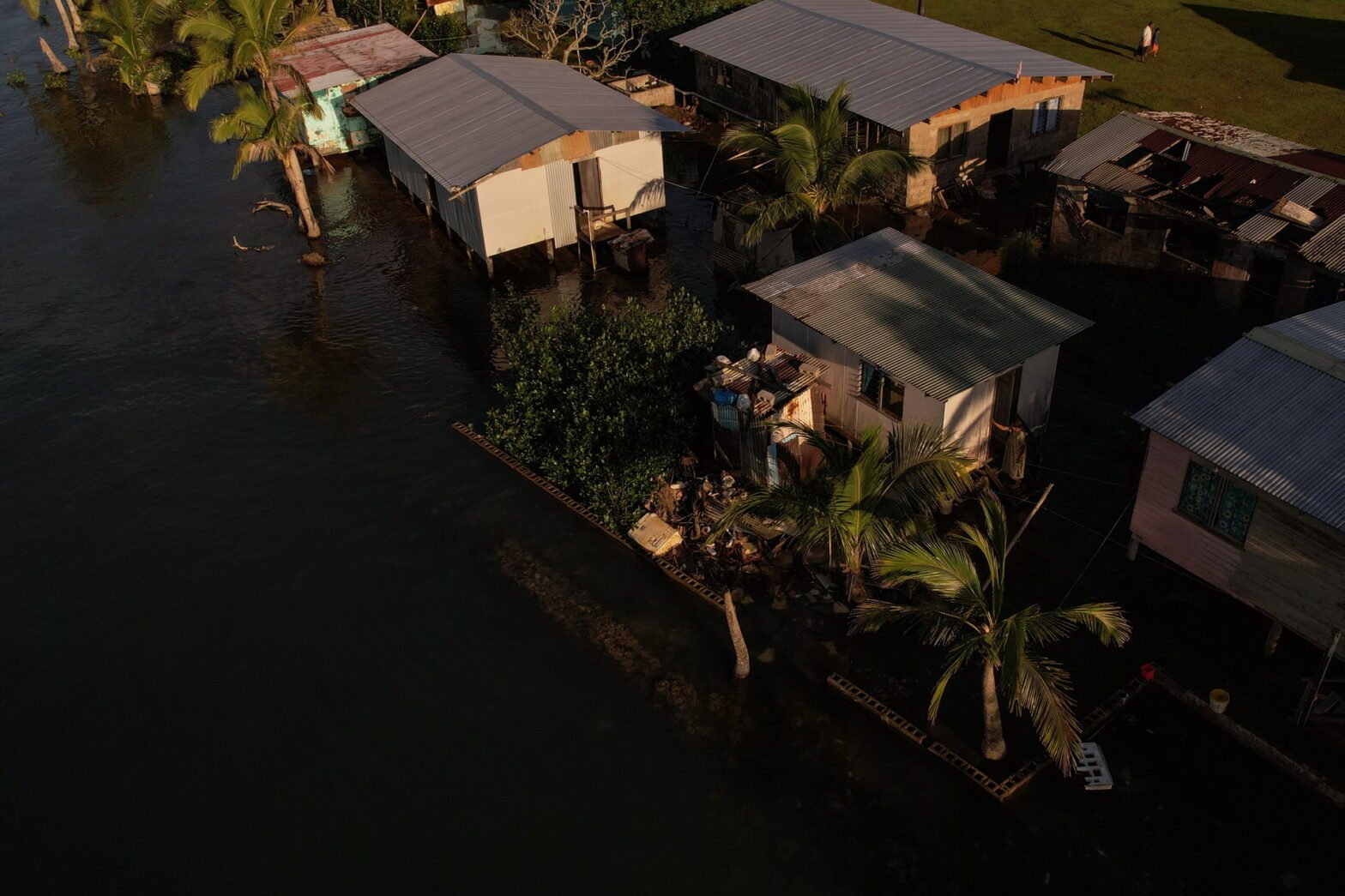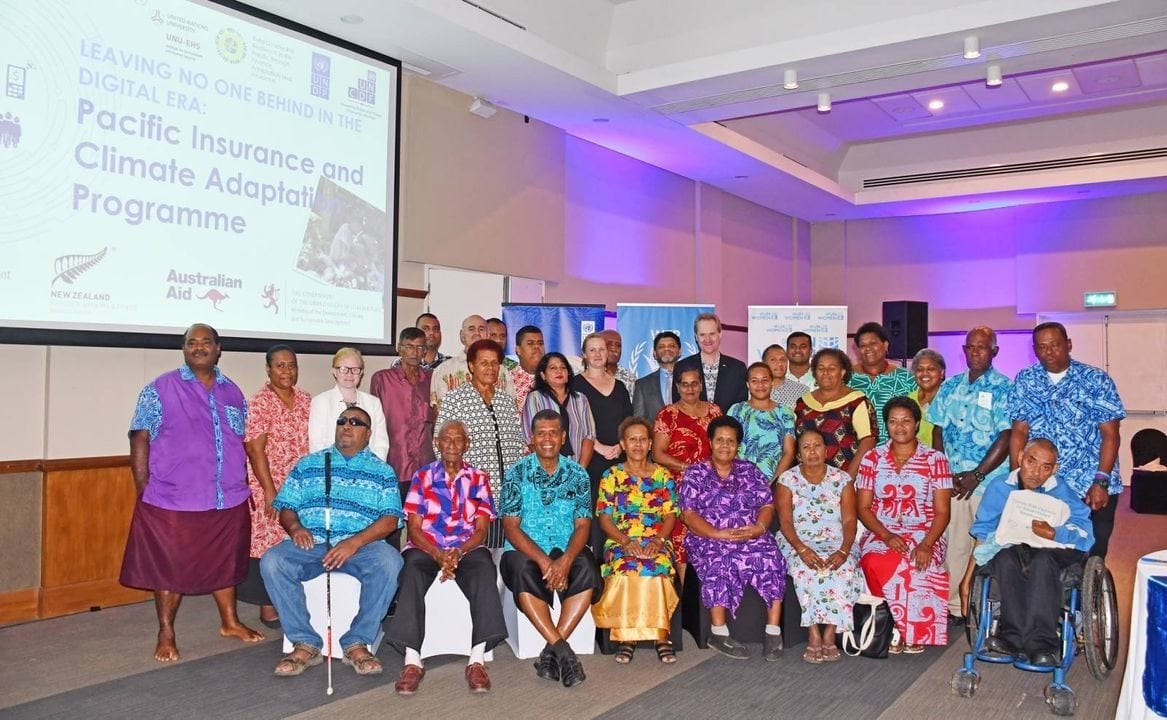Fiji has commenced the process of engagement with potential developers to provide affordable, climate-resilient homes for 3,000 low and middle-income Fijian families
Developers have been invited to register interest in a landmark housing project in Fiji, which will provide affordable, climate-resilient homes for 3,000 low and middle-income families.
The Fijian government has commenced the process of engagement with potential developers of this crucial public-private partnership (PPP) project, which comes at a time when Fiji has a huge need for more affordable, climate-resilient homes, after the dual shocks of COVID-19 and a series of natural disasters have taken a heavy toll on its economy.
“Ensuring access to adequate housing is about more than any financial benefit, it is about supplying security, dignity, a sense of ownership, and optimism for families. This public-private partnership financing model with the IFC will allow for the construction of multi-story housing projects across Viti Levu. Rather than entrench residential inequality, these mixed strata-housing units will be made affordable for families at many different income levels,” said the Fijian Attorney-General and Minister for Housing and Community Development, Aiyaz Sayed-Khaiyum.
The International Finance Corporation (IFC), a member of the World Bank Group, is the lead transaction advisor to the Fijian government for the project, which is expected to mobilise an estimated US$200 million of private investment in the country.
“At a time when Fiji’s economy has experienced the dual shocks of COVID-19 and a spate of natural disasters, this landmark affordable housing project will contribute to mitigating the impacts of harmful climate change in Fiji and will help alleviate poverty,” said Judith Green, Country Manager for the Pacific Islands, Australia and New Zealand. “Amid a growing need for affordable housing in Fiji and across the Pacific, this public private partnership will demonstrate the ability of the private sector to successfully develop these crucial properties, helping create a market in this important area. Affordable housing projects like this can deliver multiple benefits by lowering the burden of housing rent, increasing households’ disposable incomes, lifting consumption and investment, and ultimately, helping drive economic growth and development.”
An estimated 250 informal settlements exist in Fiji, with limited infrastructure and access to essential services such as water and electricity. One of the world’s most vulnerable nations to climate change and climate related-disasters, cyclones frequently result in loss of life and cause significant economic damage in Fiji.
This transformative project will provide quality, affordable housing, with the homes built designed to be resilient to the impacts of climate change and be environmentally friendly. These dwellings will contribute to Fiji’s economic and climate resilience, mobilizing private sector capital and expertise to spur sustainable development.
The project will be developed in the Central and Western divisions of Fiji, with approximately 3,000 affordable housing units across six sites. The scope includes construction, handover of the affordable housing units at a pre-determined price, and maintenance for a specified period. Some associated infrastructure, including access roads, has already been developed by the government at the six sites. The developer will also have the opportunity to construct high-end housing units at the sites, which can be sold at market value.
A transparent, internationally competitive tender process will be used to select a developer to construct and maintain the dwellings. In its call for expressions of interest from developers, the government is targeting entities with demonstrable experience in developing and maintaining affordable housing projects. They can provide detailed information about their experience, including in climate-resilient construction technology.
Since this project was unveiled in 2019 IFC has worked with the Fijian government to design the right PPP model to deliver affordable, climate resilient, and environmentally friendly homes. The homes will be built using EDGE, a global green building certification system created by IFC, that focuses on making buildings more resource efficient.
Across Fiji, Timor-Leste, and PNG, IFC affordable housing projects aim to deliver almost 6,000 housing units, with a private investment of US$350 million. These projects enable IFC to draw on many facets of World Bank Group global knowledge, including housing PPPs, finance, regulatory reform, climate resilience, gender, and EDGE.
This story was originally published at IFC on 29 July 2022 by Karlis Salna and Elenoa Baselala, reposted via PACNEWS




